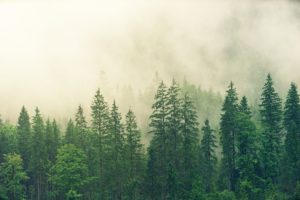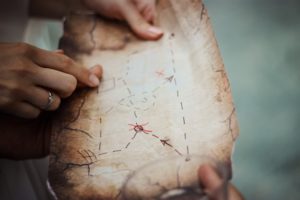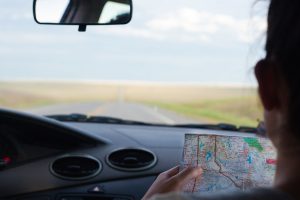
Photo from Pixabay
Initial Thoughts:
When I first considered a metaphor of how I view curriculum I thought about how convoluted, over packed and dense it is. I considered how much there was to teach and how many various concepts there were to cover in the allotted time given. It seemed overwhelming and quite frankly, impossible. Although I think that time and practice is what makes navigating curriculum easier, I have found a new understanding of where curriculum comes from and what it is for. We first discussed where curriculum is derived at the beginning of the course. I had actually never asked myself or even considered how curriculums could be different. I didn’t realize that curriculum is created by each individual province. Furthermore, each province focuses on concepts that are specific to knowledge that space. When exploring this I looked at the difference between Quebec’s curriculum in relation to B.C.’s, where I live. I noticed that they were vastly different in how they were written, what they focused on and even how they looked. Quebec’s curriculum was very confusing to me, as it was difficult to understand the plethora of diagrams, paragraphs and even how Quebec’s school system functions. I suppose, that Quebec’s curriculum would actually be considered a forest in comparison to B.C’s simply because I’ve worked with the B.C. curriculum for several years.
Comparison of Curricula:

Picture from Pixabay
I found it so interesting that Quebec has a large focus on religious learning and didn’t, until recently, have any focus on Indigenous studies. Whereas B.C.’s curriculum had a larger emphasis on Indigenous studies within all subject areas. B.C. has certainly done a good job of highlighting Indigenization and technology within it’s curriculum. However, it is still difficult to navigate all the resources available to aid educators within these areas. These key concepts are purposely integrated into each subject in the B.C. curriculum to make the connections simplistic. Yet, it is the responsibility of the educator to determine where the best connections exist between indigenization and the curriculum. Furthermore, technology doesn’t have to be a separate entity in itself but instead it should enhance the learning the students are already doing. When using technology they can learn how to type, how to use various apps for reading or math and develop skills such as coding. This being said, it is important that technology is available to all students within your classroom. My eyes have been opened to the realization that when teaching online, technology isn’t readily available to all. The Covid-19 pandemic has truly demonstrated the inequality of students and families when it comes to access to technology. Thus, when considering technology in curriculum one must also take into consideration those apparent inequalities.
Final Thoughts:

Photo from Pixabay
In conclusion, curriculum itself hasn’t changed for me. Instead, I have a new understanding and better connection to curriculum as a whole. I still believe curriculum is a forest and although there are many paths through, they are all beautiful in their own way. I have always known there is a connection between all subjects within curriculum but now I see where those connections derive from. I think there is something unique and liberating to engage with curriculum in your own way. It is an amazing thing to watch multiple people interpret one document in such different ways. I believe that how one follows and interacts with the curriculum demonstrates their own personal pedagogy and passion within teaching.
